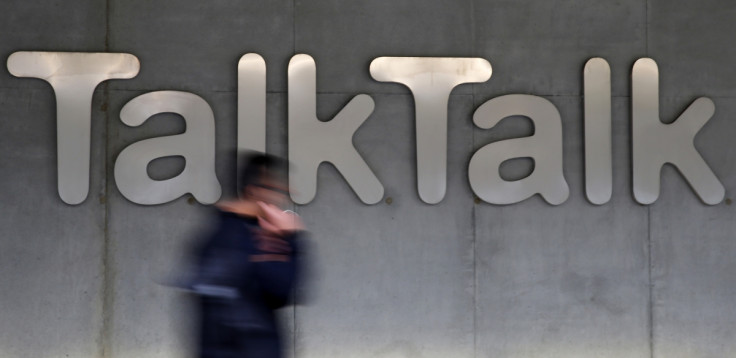TalkTalk replaces customer passwords with TalkSafe voice recognition biometric login

TalkTalk is moving away from traditional password protection by giving its customers the ability to verify their identity by using voice recognition, only months after lax security resulted in a widespread cyberattack that compromised tens of thousands of customer details.
As the dust settles following the much-publicised data breach, the UK telecom firm has said the biometric technology, called TalkSafe, will now play an increasingly vital role in how users access its customer service hotlines.
TalkTalk claimed the technology, which is available now, can recognise more than 100 different vocal characteristics including the unique sounds from a person's larynx and nasal passage, pronunciation, emphasis and speed of speech. The process will reportedly work by asking customers to repeat a chosen phrase three times which will then be used to build a "blueprint" of their voice.
"The launch forms part of TalkTalk's continual focus on improving customers' experience and its long-term strategy to ensure customer data is as secure as possible," the company said. "Over time, voice biometrics will reduce the amount of sensitive personal information customers will have to disclose, as when a customer calls, the adviser will only see if the customer is verified or not."
Meanwhile, Tristia Harrison, TalkTalk's consumer managing director, said the aim of the project was to help cut down on waiting times for customers who call the firm. "We've listened to what our customers have told us about wanting a simple, secure service. TalkSafe is an important and exciting step on that journey," she said.
The hacking fallout
In the wake of the data breach last year, TalkTalk revealed the incident cost the business up to £60m ($87m) and resulted in the loss of 101,000 customers. In its first financial analysis of 2016 the firm reported a trading impact of £15m alongside "exceptional costs" reaching a total of £45m. However, in subsequent statements chief executive Dido Harding has maintained the business is slowly returning to normality.
Meanwhile, biometric technology has already started to be embraced by many firms as a suitable replacement to customer passwords, which are often insecure or easily forgotten. In one recent trial, the BBC tested face-scanning technology to gauge viewers' emotional responses to programmes. While popular shopping website Amazon recently filed a patent application for a unique system that would allow users to verify their identity by taking a selfie.
© Copyright IBTimes 2025. All rights reserved.























